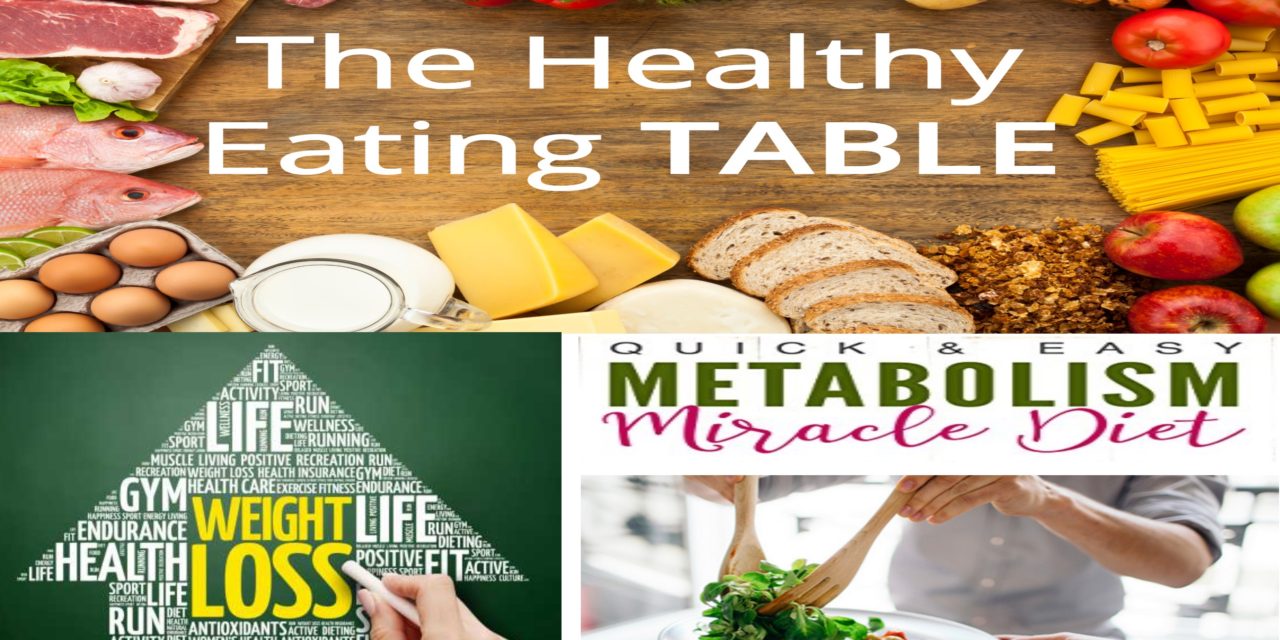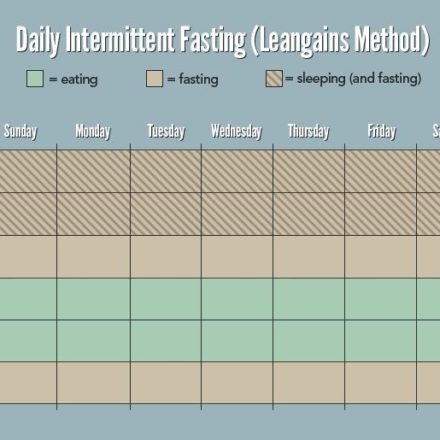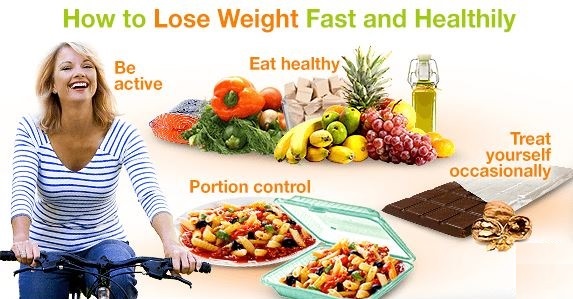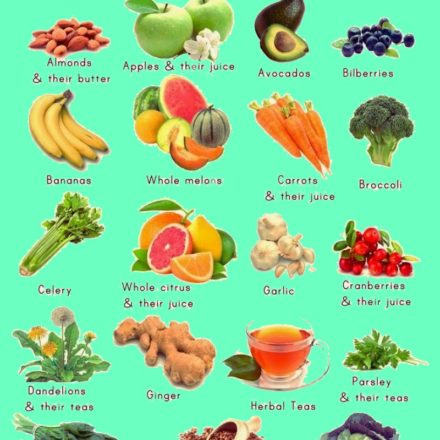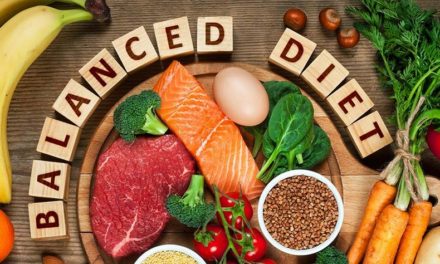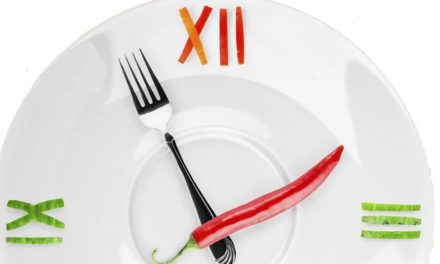Nutrition experts and physicians define the term diet as the rational use of certain nutritional principles in the healthy or sick person. As we can see, in this definition there is no indication as to the duration (one month, one year or indefinitely) or the objectives (controlling blood sugar or blood cholesterol, maintaining our weight, controlling blood pressure, etc.) of the diet Chosen.
However, the term diet has been debunked lately because it has been linked to dietary guidelines implemented for a short period of time in order to lose weight. In the face of the constant advertising pressure of the “Do the miracle diet and will drop 10 kilos in 15 days”, this restricted concept on diet has been very strongly rooted in popular perception.
Specialists are of the opinion, however, that as opposed to the term “dieting”, it is much more useful to use the concept of “healthy or healthy eating”, which refers to a pleasurable nutritional proposal, from gradual adoption until the creation of a habit new and definitive food that promotes health conservation and includes the four basic principles of food:
a) Quality
b) Quantity
c) Harmony
d) Adequacy.
In this way, it is essential to know the quality and quantity of the food (i.e., nutrients selected in appropriate portions), as well as the correct and harmonious way of ingesting them (i.e., form of preparation and combination thereof), leaving them to each person’s choice of daily menu according to their lifestyle and/or personal tastes.
A diet that conforms to these general guidelines is not only healthy because it promotes cholesterol reduction and decreases the likelihood of cardiovascular problems, but also the body benefits in multiple aspects, such as improving bowel function and decreasing the likelihood of certain breast and large bowel diseases.
In each food group are the amounts and frequencies of personal consumption (F.C., in the lexicon of medicine), usually suggested for each of them, with the aim of controlling cholesterol, obesity other diseases.
The doctor and the nutritionist adapt these general guidelines to each particular situation, but basically the foods beneficial and recommended to carry out a healthy diet, are the following:
- Meat: vaccine (loin, fish, quadridate, steak), chicken, duck, turkey (skinless), rabbit, pork, lamb.
- Fish: hake, brotola, angelfish, chickenfish, conger, sole, corvina, bream, squid, mussels, clams, scallops, natural tuna, natural mackerel.
- Oils: olive, sunflower, corn.
- Sugars: common, black, honey, jellies, jams, compact sweets (sweet potato or quince)
- Dairy: skim milk, skim yogurt, skim cultured milk. Skim cheeses, skim ricoricose. Skim type health cheeses with less than 12% fat.
- Egg white.
- Fresh fruits: all, the only exception is coconut.
- Dried fruits: all unrestricted.
- Vegetables: all unrestricted.
- Cereals, pastas, legumes: all common or wholegrain.
On the other hand, it is very important to know that cholesterol is present only in the animal kingdom. The difference in the amount of cholesterol in the different types of meats does not justify a different nutritional advice for each, and the general suggestion is that in total it is not consumed more than twice a week.
Sea fish (unlike river fish) have fewer cholesterol and saturated fats, making it possible to eat them fresh or in natural preserves 2 or 3 times a week.
Plant foods do not contain cholesterol and do have a real pharmacy of nutrients (macro and micronutrients) necessary for the proper functioning of the body.
Therefore, its consumption is absolutely free (except coconut and cocoa).
In a cholesterol-control diet, not only the cholesterol present in the food is important, but the quality and amount of fat it contains. Indeed, a high saturated fat content raises blood cholesterol.
Doctors concerned and busy with good nutrition – the basis of optimal health – say it is essential to acquire constant and continuous habits of eating healthy foods. And don’t bet on “saving” diets.

Healthy foods not to be missed:
The Fiber
Within the group of carbohydrates in our diet, the fiber is included within the section “non-assimilable carbohydrates”, since our body does not have enzymes to break them down into simple units as with the rest of the carbohydrates, or because they simply cannot be absorbed or digested.
Although fiber itself is not a source of nutritional value, it is crucial for good and correct regulation of the body and is present in legumes, fruits, nuts, whole grains and vegetables. However, according to the experts there are two types of fiber that I will only mention because the objective of this article is to show the reader the benefits of this peculiar carbohydrate. Thus, we have water-soluble fiber and water-soluble fiber.
The therapeutic effects of fiber have been rigorously studied and researched by nutrition experts, and we have already echoed some of them. The most widespread is that fiber helps good intestinal function and corrects constipation, since insoluble fiber is a powerful tool to remove waste masses and therefore contributes to combating diarrhoea as well. Therefore, lack of fiber in a diet can cause problems of varying range such as excess stool tightness within the large intestine, chronic constipation and, speaking of a medium-long term over time, we can even develop colon cancer and irritable colon.
However, fiber consumption also brings us other benefits that we may not know and that I think should be shared with you if you want to achieve a balanced diet.
Fiber also prevents and corrects diabetes, especially type II, as it delays gastric emptying time and increases the sensitivity of insulin receptors. Other benefits of regular fiber consumption are the prevention of cardiovascular problems, since it facilitates the eradication of cholesterol and bile acids through faeces.
Fiber also helps us prevent diverticulosis, making this term allusion to invaginations that occur in the intestinal wall by an increase in pressure inside the colon.
Cone I said earlier, one of the main benefits of fiber is that it helps to decrease the incidence of colon cancer, although the mechanism by which it exerts this effect, is still unknown. It is alleged that by binding and diluting bile acids, the carcinogenic effect they possess decreases.
On the other hand, fiber is a great associate to fight and fight obesity, so its intake has to be taken into account in weight loss diets. This is possible because it takes more time to chew the fiber and before the feeling of satiety appears. In addition, the ejected faecal material is greater when there is a correct ingestion of fiber.
Other beneficial effects of fiber (soluble) are as follows:
- Reduction of glucose absorption.
- Increased number of evacuations.
- Delay stomach emptying.
- Regulation of intestinal transit.
- Decrease cholesterol concentration.
- Increased volume and amount of stool.
From what we have seen, the consumption of fiber helps us to fight many digestive and other disorders to regulate the proper functioning of our body and promote it. Another note that we have to take into account is that each gram of fiber consumed only contains a caloric value of 2 kilocalories and that we can consider a food as “rich in fiber” when it has a value of 6% of it (wheat germ , whole grain, barley, rye, wholemeal bread, artichokes, spinach, corn, etc.).
If you want to improve your health and prevent certain diseases, bet on increasing your regular diet. Do not hesitate, take fiber and benefit from all its qualities.
Vegetables
The name vegetables are given to all edible green leafy vegetables. Vegetables have different colors due to many factors, acids, climate, etc. All very healthy. You can cook them in many ways, the healthiest would be steamed, preserving all their nutrients.
If you add a small amount of baking soda to green vegetables, it will help us to maintain a beautiful bright and vivid color, as well as lemon or vinegar helps to preserve its nutrients. Vegetables are low in nutrients and low in fat, most of them are water, and many of them are very good for their fiber.
They are very healthy and it is recommended to include it in any diet, for example the vegetarian diet that does not allow the consumption of meat or macrobiotics that preserves a balance between vegetables and meats.
You should be very careful when cleaning your vegetables, simply with water, removing the first leaves, and discarding any part that contains mushrooms or deterioration, dry them well, never cut vegetables where you have previously cut meats, unless you have thoroughly cleaned, it would be best to have two different boards.
If you are going to keep them, especially lettuce, cut it with your hands or with a knife other than aluminum or steel, as they yellow very quickly, sell some plastic knives especially for this use.
Preserving them is easy and the best way is without wrapping, wrapped in a clean kitchen cloth in the refrigerator, but thinks that as a day that passes it loses its properties, so it is advisable to consume them as soon as possible, as any fresh product.
Some contain more calories or vitamins and fibers than others, but all are healthy, we put some examples to get a little guidance on the following table:
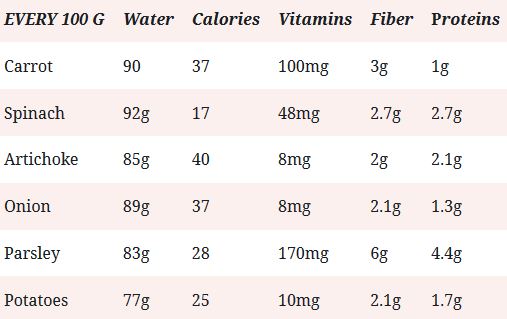
Some have higher calories such as beans or soybeans, but their high fiber content is also much higher.
Preserving them frozen is a good idea for their preservation, but remember that not all will maintain their texture and some are transformed by their high absorption of water, withstanding a little more peas and green beans that even gain more strength.
Like fruits, vegetables are very healthy, but you shouldn’t set aside other complementary foods to balance any good diet, you don’t need to be on board to get used to eating vegetables and fruit, it’s just a matter of Bless you.
You must get used to the children to consume these products naturally, a good way is to participate directly when buying and preparing them, so try to present them attractive in your dish, look for colors and combine them, if you have leftovers of the day crush them with a little milk or creamy cheeses, this way you will take advantage of a good food and have changed its appearance. Life is imagination.
Salads
Knowing (although sometimes we forget) that fruits and vegetables are a great ally when it comes to balancing our body and mind, sometimes it gives us lazy or we don’t know how to prepare them, and there is nothing simpler than these elements to taste all the good of the natur feat and a good choice are salads.
The salads have varied combinations, with lettuce or without, with tomato, olives, nuts, but especially if you make a fruit salad, what can not miss is that precisely, the best fruits of the season you find, they do not have to be the most simply the ones you like the most and have a nice color.
They serve you as a light and fresh dish but at the same time nutritious. If you are on a diet it is fantastic, if it is hot it is perfect and if you like to taste the fruit by adding a few drops of lemon, basil, yogurt, etc.
It can be a great first course or dessert and maybe breakfast or snack. Add the dressing that suits you according to the occasion. But please spend five minutes of your precious time and assemble the dish with a little imagination, you’ll see how it’s much tastier.
Fruit is a good that gives us nature and more now that we can find it all year round, since the import and export of all the countries of the world allow the great variety that is found in our markets, although it is always advisable to buy those that have have been cultivated as close to our community, thus avoiding travel, climate change, refrigerators etc. But you must not stop taking advantage of these advantages.
Wash the fruit you are going to use, the more varied the better, cut it as you like, combine flavors and colors and you will see that the result is great.
Fruits that detoxify us:
We’ve all been through a meal, a few extra drinks or just replacing a lunch with junk food. But what if from now on we help our body with foods that favor the elimination of toxins?
There are foods that specifically help us detox. Although there are also vegetables we will focus on the fruits: replacing a dinner or our usual breakfast with one of these fruits. Thus, for example, after a hearty dinner we can replace the next morning’s breakfast with one or more of these fruits. And if the excesses occur in the meal it should be the dinner that is replaced by one or more of these fruits:
- The orange: It helps to moderate our body’s cholesterol levels, it also contains a lot of fiber, helping to solve intestinal problems. The orange juice should be a fixated in our breakfasts. In addition to all that said, it provides a lot of energy.
- Lemon: It has solvent and detoxifying qualities, in addition to stimulating the liver. A lemonade (water, lemon and little sugar) will help us remove toxins.
- The banana: They contain a lot of fiber, so they benefit the digestive tract, normalizing their functions after having suffered constipation or diarrhea. In addition, banana acts as an antacid, being very useful for heartburn and ulcers.
- The raspberry: It is an astringent fruit, so it helps to relieve stomach disorders and diarrhea.
Toxins make our skin worse and promote cellulite and aging, among many other things. That detoxing our bodies is so easy should be more than enough reason to put it into practice.
Tips for healthy eating:

- Don’t drink too much: it is not good to drink excess liquid during meals, because it dilutes gastric juices and delays the digestion of food. During meals, drink in moderation, making sure it’s just water.
- Masticar slow: by combining a fast food with excessive consumption of carbohydrates or the intake of gas-causing foods, we result in stomach pain. Better to chew well and drink slowly. Keep in mind that digestion starts at the mouth.
- Neither cold nor heat: avoid very cold or very hot food, as it can damage gastric mucous membranes that are good natural protectors.
- Five times a day: handing out meals prevents heartburn. It is better to eat five moderate doses throughout the day than skipping breakfast and eating twice as much at lunch and dinner.
- Relax before eating: Numerous studies link the onset of gastrointestinal problems to stress and anxiety. It can help you see these tips on how to calm anxiety and eat less
- The right ones: fried, stewed or stewed stews with lots of oil, as well as dishes with very spicy sauces, spicy or too sugary, cause slow and heavy digestions.
- Pineapple against indigestions: if you have a tendency to suffer this problem, it is advisable to finish the meal by taking for dessert a good piece of natural pineapple, since it contains bromelain that favors the digestion of proteins. In this article you can see The benefits of including pineapple in your daily diet.
- Milk for all: they are an important part of the diet, a food that protects from the stomach, but preferably in yogurt and curd.
- Natural remedies: if you have a tendency to suffer gas, you can try to accompany the dishes with a salad with cumin grains. Here we have gathered other remedies that will help you.
- Infusions, yes: replace coffee with an infusion of chamomile, mint or sage. Take it warm.
 NL
NL FR
FR DE
DE EN
EN
